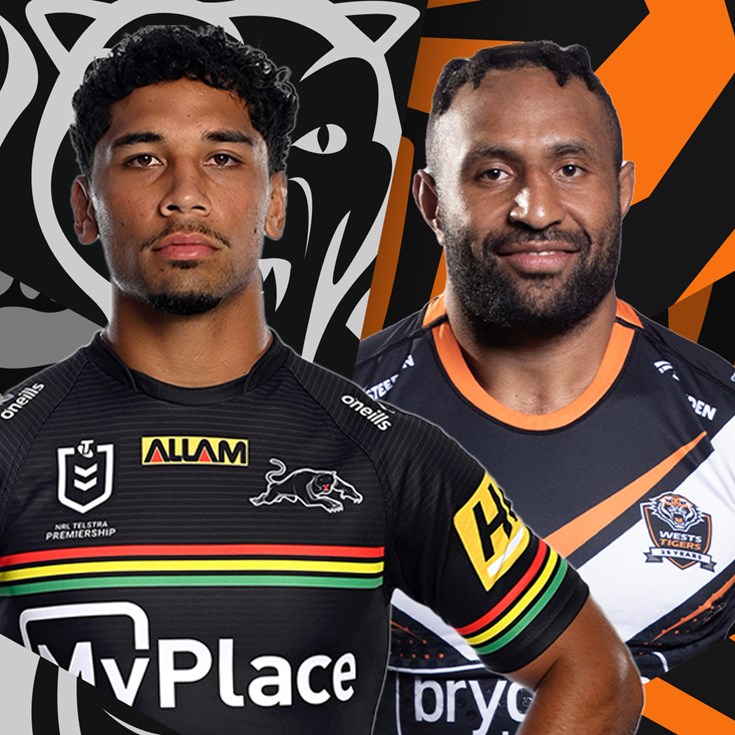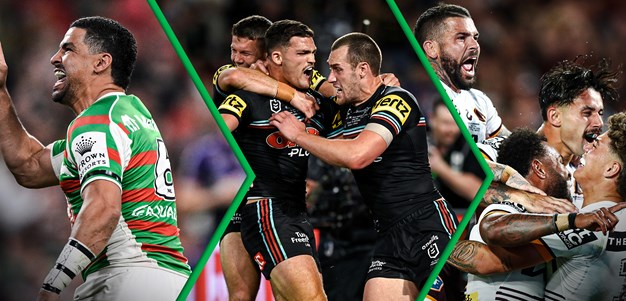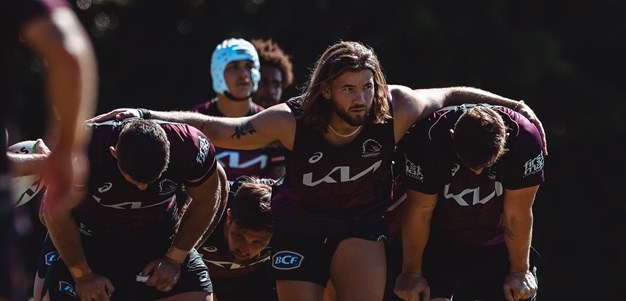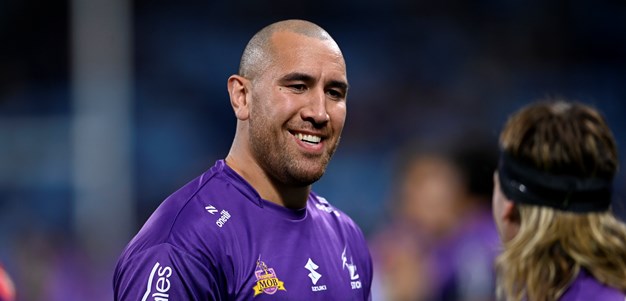Acceptance.
In a week where it was revealed the majority of our nation voted 'yes', the same word also holds special meaning for members of the Jillaroos who have seen their game evolve over the past decade.
The Australian women's rugby league team's defence of their World Cup title begins in Cronulla on Thursday afternoon. They have prepared not by answering the tiresome old enquiries about their marital status or whether their breasts get sore after a game but rather by fielding questions about tactics, preparation, skill and their opposition.
Elite female sport has burst into the Australian public's consciousness through the Women's Big Bash League, AFL Women's competition and soccer's W-League in particular but those who blazed the trail for women's rugby league remember a very different time where even those within their chosen sport gave very little credence to the female footballer.
"I've seen people's perception of the game change so much in the 10 or 11 years that I've been involved," Jillaroos co-captain Renae Kunst tells NRL.com.
"It's continually gaining acceptance of the public, the rugby league community. That's probably something that I'm most proud of and will always be so grateful for, acceptance.
"It's talking the actual game, talking tactics and strategy rather than being asked whether you're married or whether your breasts get sore during a game.
"That's the difference these days, people genuinely want to talk rugby league.
"They want to talk positions, they want to talk about people, they want to talk game-plans, they want to talk structure and they genuinely want to talk about other teams.
"That's something that I've noticed change in a big way."
Kunst and Steph Hancock are the only two remaining members of the Jillaroos' World Cup squad of 2008 and along with Ruan Sims will lead a team boasting 16 World Cup debutants in the 17-day tournament that culminates with a World Cup Final double-header at Suncorp Stadium in Brisbane on December 2.
Sharing the stage with their male counterparts is only a recent phenomenon for the country's premier female footballers; their inclusion in the 2015 Auckland Nines where they played a three-match series against the Kiwi Ferns exposed their skills and courage to the masses.
In more recent years they have played mid-year Tests alongside the Kangaroos and the two national squads posed for a historic photo at the Sydney Cricket Ground last weekend, a far cry from when Hancock first came into the national team in 2003.
"To me, I didn't care. I was playing footy and I loved it and I didn't care what anyone else thought but back when I started playing the male players I don't think were supportive at all," says Hancock.
"But you talk to Greggy Inglis or 'JT' (Johnathan Thurston) or Cam [Smith], all those boys make us feel so professional and worthy of our Australian women's rugby league player status.
"They're beautiful boys and since they've had kids I feel the boys have changed a little bit more. They're more understanding of how we all work.
"I feel like it is equal now. The financial side to it, who cares about that, it's all anyone wants to talk about. It's just great that the boys accept us for who we are.
"It's phenomenal the way it has changed in 10 years and that's for all women's sports. Cricket and soccer and AFL, netball, league is starting to catch up to all those sports.
"It's hard to try and explain in a sentence how things have changed in 10 years but you obviously wouldn't wish it any different the way it is changing for rugby league."
Kunst and Hancock will both step aside at the conclusion of the World Cup and move into the next phase of their lives but front-rower Bec Young hopes to carry forward the legacy of past Jillaroos players and help to usher in the next generation of exciting young talent.
A member of the successful 2013 squad, Young is extremely active in the development of girls junior league in the Newcastle area as well as captaining the Women's Indigenous All Stars team but warned against those calling for the NRL to quickly establish a national women's competition, insisting a slow build will ensure the progress of the past decade won't be undone.
"I strongly believe that the NRL are doing it the right way," says Young. "They're moving slowly, they're drawing from positives from all of the other elite women's sports to showcase a good quality game.
"I'm not a believer in just putting out a program and running it for eight weeks or whatever it may be and then everyone forgets about it. I like longevity, I like the fact that we're taking stepping stones.
"Some people do get a little bit impatient with why we aren't keeping up with other sports. I believe that we may lose some girls to other sports but I also believe that if they want to chase the bells and whistles then let them go and the people who love rugby league will still be here and they are the people that will be rewarded when the time comes."
And that time is coming according to Kunst.
"What's exciting is that we have got some really good depth now. I'd be as willing to say that probably within the next couple of years [there will be a professional league]," Kunst says.
"So for me personally this World Cup is really important to really showcase a really good product in the hopes of taking that next step towards a professional league."






